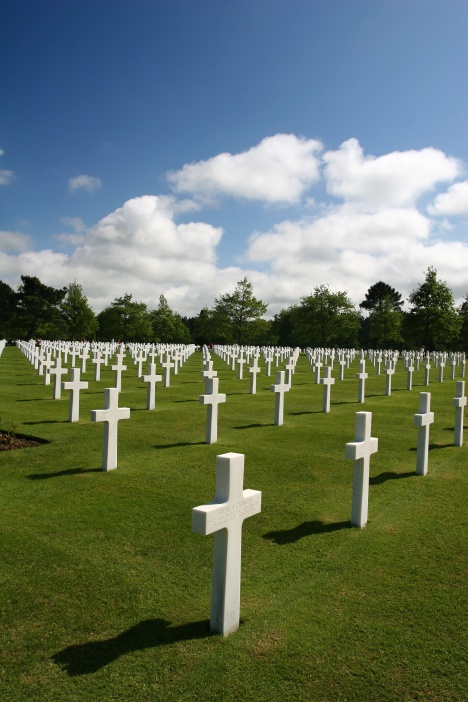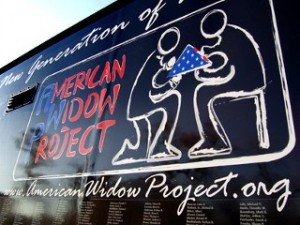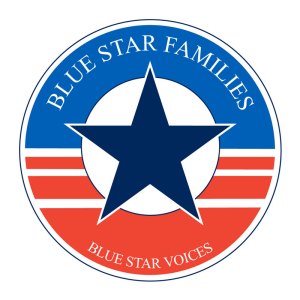Oprah’s show last Thursday highlighted the Puppies Behind Bars’ Dog Tags Program. I first became aware of this awesome program when Sen. Al Fraken (D-MN) introduced his first piece of legislation in the Senate seeking to fund a program providing service dogs to veterans.
Sen. Franken joined with Sen. Johnny Isakson (R-GA) to introduce the Service Dogs for Veterans Act. Sen. Isakson saw firsthand what the love and comfort of a companion animal can do for someone suffering. Before his mother, Julia, died of Alzheimer’s disease in 1998, one of the few things that brought her noticeable joy was her interaction with service dogs at an Alzheimer’s facility where she spent her last years. Their bill was rolled into the Department of Defense Authorization Bill, which was passed by the Senate.
I’m crazy about dogs, and I think that their power to heal and comfort is unsurpassed. I never really considered the impact of companion animals on our wounded warriors until I read Jay Kopelman’s book From Baghdad to America: Life Lessons from a Dog Named Lava. Kopelman, a Marine veteran of Operation Iraqi Freedom, writes about his transition back to civilian life with help from Lava, who is not an “official” service dog. Needless to say, I cried like a baby nearly the entire time reading his story. Luckily, I was in Chicago’s O’Hare airport when I picked up his book and reading it while flying on a large jet, so it’s not like anyone saw me.
When Sen. Franken introduced his bill, I started doing some more research on service dogs for veterans, and I came across this Time article and this Wall Street Journal article. The WSJ article told the story of Capt. Luis Carlos Montalvan, an Army veteran who served in Operation Iraqi Freedom and now suffers from severe PTSD and other war-related ailments. Capt. Montalvan was the inspiration behind Sen. Franken’s proposed legislation, and he is also the proud recipient of Tuesday, one of dogs from Puppies Behind Bars’ Dog Tags program.
You can watch his story here and read his first person account here.
Besides tugging on my heartstrings for my love of dogs and our military, I am most impressed by the recognition of these charitable organizations and Sen. Franken’s bill of the disabling effects of PTSD and other mental health disorders as a result of war. Our minds are such powerful organs, and when they are damaged, they too need to be treated and given time to heal. Unfortunately, the damage is not visible like the loss of a limb, but the pain and suffering is just as real.
Other charitable organizations are doing great work by providing service dogs to our wounded warriors, including NEADS Canines for Combat Veterans, Freedom Service Dogs, Inc., America’s VetDogs, and Patriot Paws Service Dogs. If you know of any others, please let us know!
Filed under: Michelle G, Policy Issues, Politics, veterans, war | Tagged: Iraq, PTSD, service dogs, TBI, veterans | Leave a comment »

















 “I needed to know why” [two of my brothers were putting their lives on the line in the Army in Iraq.] That is the reason Director Jake Rademacher gave for making the movie
“I needed to know why” [two of my brothers were putting their lives on the line in the Army in Iraq.] That is the reason Director Jake Rademacher gave for making the movie 

